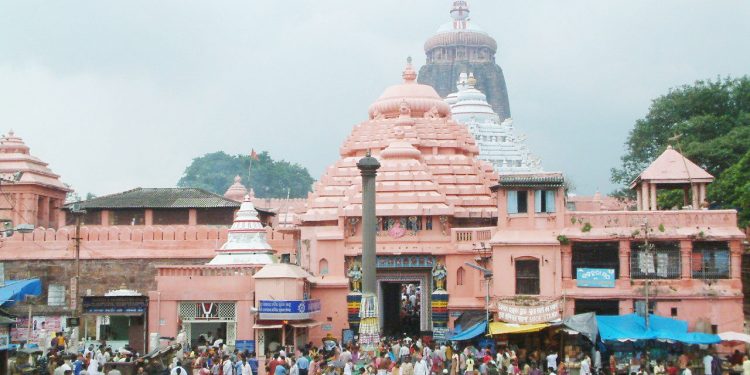In the wake of allegations of harassment of pilgrims by servitors of Lord Jagannath temple in Puri, the Supreme Court has directed that the suggestions of the Puri district judge to improve the management of the shrine and ensure safety of the pilgrims must be implemented. Prominent among the suggestions is the abolition of the hereditary priesthood system in the temple.
In the past, reforms have been successfully introduced in the Tirumala Tirupati Devasthanam in Andhra Pradesh and some temples of Tamil Nadu. So, should this age-old hereditary priesthood system in Puri be abolished? Orissa POST asked a few youngsters for their views.
Sanjat Mishra, an Odia design expert from Bangalore, remembers how he faced the wrath of the temple servitors in Puri. He says, “I have seen a servitor manhandling a poor temple visitor following an argument about dakshina (tips offered to priest). Mobiles are not allowed inside the temple, or I would have recorded the incident. I have also faced harassment along with my family at Bhubaneswar’s Lingaraj temple. You may not face much trouble in smaller temples. However, while abolishing hereditary priesthood, we should consider the issue from all angles. We should not do injustice to the families of servitors. The Pontiff of Gobardhan Math in Puri is a revered personality who should come up with an appropriate decision that all can abide by.”
Debasmita Pati, a social worker from Puri, says hereditary priesthood should be discontinued. “Abandon the system. It’s time now for a change. Young people should be appointed as priests on the basis of their knowledge or through a process of recruitment. People from the servitor families may also compete for an opportunity to serve the lords. There is no harm in that. The prevalent system should change because many priests use their hereditary power negatively. They exploit innocent people in the name of God. The language they use for visitors is thankfully not understood by non-Odias.”
Vedvyas Dash from Sambalpur says, “In 1977, the Justice B K Patra commission was reported to have recommended the abolition of hereditary priesthood and the dakshina in the temple. But his suggestions could not be implemented due to stiff resistance from the servitors. There are at least a thousand servitors who work in the Lords’ service which works out to a thousand jobs for young and educated aspirants in case hereditary rights are removed. We do not want the servitors’ families to suffer because of the hard decisions. They should be given priority in appointments, but the traditional system should be scrapped. Actually, because of a few servitors all are blamed. Despite frequent complaints not much has been done so far. Things remain as they used to be decades ago. This time, however, many people are expecting a change. Let us wait and watch.”
Gopal Pradhan of Bolangir points out that it is tough to change the age-old practice. “In some states, priests are appointed on the basis of a recruitment process and trained. Even non-Brahmin priests are appointed in temples. But in Odisha, the situation is different. Servitor families constitute the bulk of Puri’s population. Many servitors are rich if we look at the heavy gold ornaments they wear. The government will have to take a judicious decision before going against them. Although it is a welcome proposal, I am sceptical about its implementation.”
Himanshu Guru, OP






































